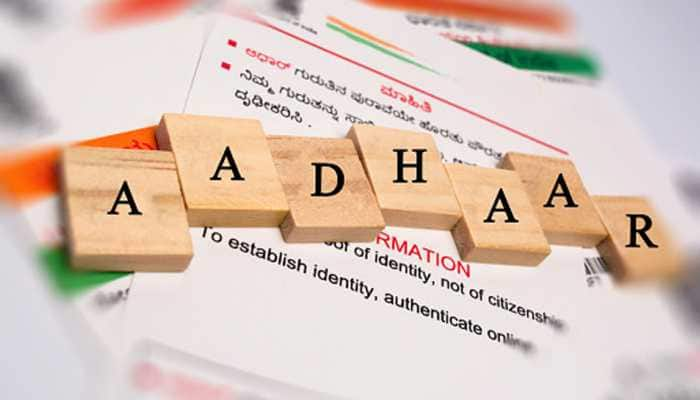Supreme Court’s Relief To UP Madrasas But With Warning On ‘Fazil’ And ‘Kamil’ Degrees
The court made it clear that the madrasas operating under the law can keep running. However, it also stated that the Madrasa Act has issues when it comes to higher education for the 'fazil' and 'kamil' degrees.
Trending Photos
) Picture source: ANI
Picture source: ANI New Delhi: In a big relief to madrasas in Uttar Pradesh, the Supreme Court upheld the constitutional validity of the 2004 Uttar Pradesh Board of Madrassa Education Law on Tuesday. This decision overturned a previous ruling by the Allahabad High Court, which had deemed the law unconstitutional for violating the ethos of secularism.
The top court made it clear that the madrasas operating under the law can keep running. However, it noted that the Madrasa Act has issues when it comes to higher education for the 'fazil' and 'kamil' degrees, as it conflicts with the University Grants Commission (UGC) Act. Because of this, that part of the Madrasa Act was deemed unconstitutional.
The SC bench, consisting of Chief Justice D Y Chandrachud, Justice J B Pardiwala, and Justice Manoj Misra, observed that the high court has made an error in the assessment that the law infringed upon secular principles.
While pronouncing the verdict, the CJI said, "We have upheld the validity of the UP madrasa law and moreover a statute can be struck down only if the State lacks the legislative competence," reported PTI.
The decision comes a big relief to teachers and students of UP madrassas as the Allahabad HC’s order had previously mandated the closure of the seminaries and transfer of students to other schools in the state.
The apex court stated that the purpose of the law was to establish a standard level of education in madrassas.
On October 22, a Supreme Court bench led by Chief Justice DY Chandrachud, along with Justices JB Pardiwala and Manoj Misra, announced that it would reserve its judgment on eight petitions, including the main one filed by Anjum Kadari, challenging the Allahabad High Court's decision.
Earlier, on March 22, the Allahabad High Court ruled the Madrasa Act as ‘unconstitutional,’ stating it violated the principle of secularism. The court ordered the state government to integrate madrasa students into the formal education system.
Stay informed on all the latest news, real-time breaking news updates, and follow all the important headlines in india news and world News on Zee News.
Live Tv







)
)
)
)
)
)
)
)
)
)
